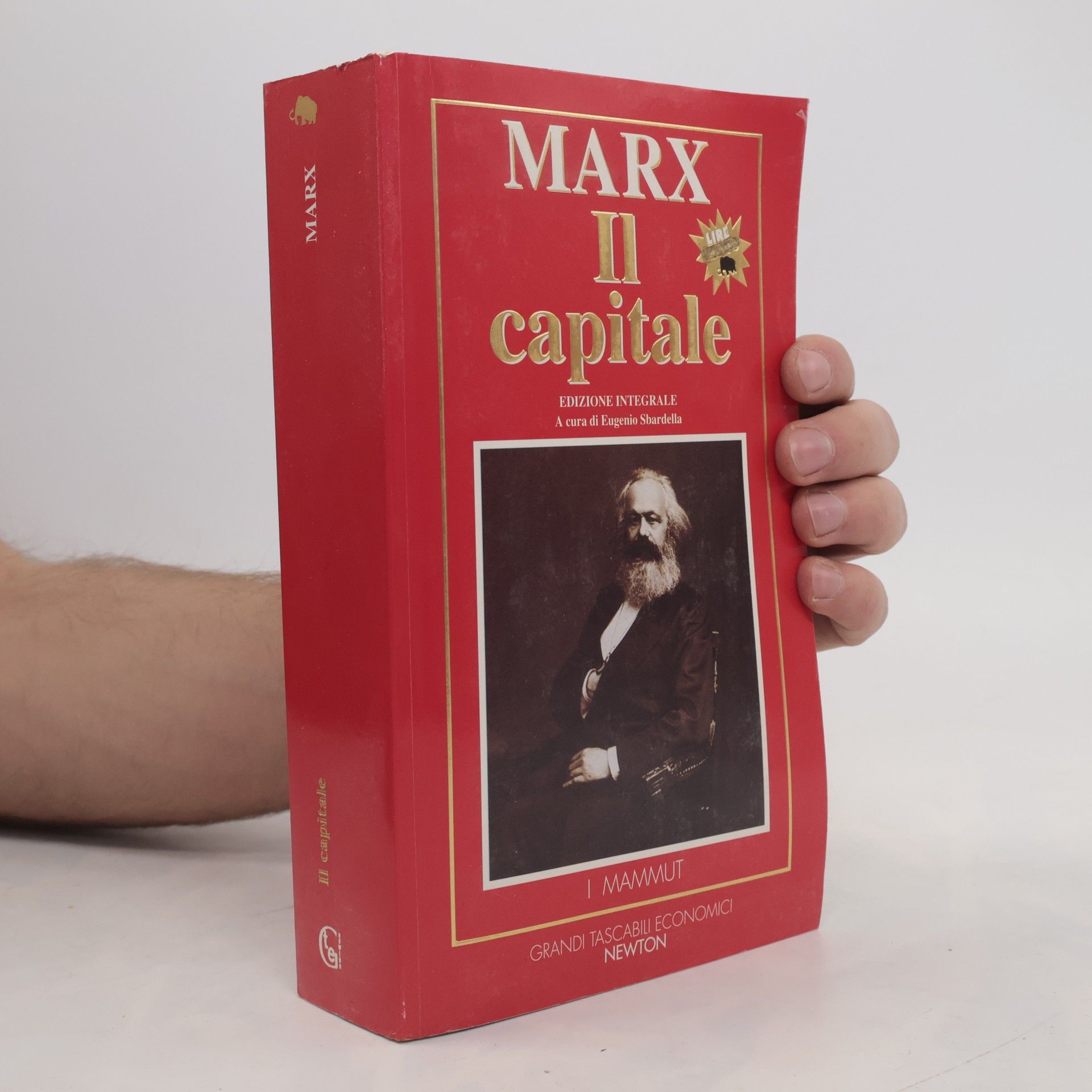Socialism
- 70pagine
- 3 ore di lettura
2020 Reprint of the 1892 Edition. This short work was intended by Engels to be a primer on Marxian thought and especially on the distinction between utopian socialism and scientific socialism. Engels maintains that it was the latter that Marxism considers itself to embody. The book explains that whereas utopian socialism is idealistic, reflecting the personal opinions of the authors and claims that society can be adapted based on these opinions, scientific socialism derives itself from reality. It focuses on Marx's materialist conception of history, which concludes that communism naturally follows capitalism. Engels begins the book by chronicling the thought of utopian socialists, starting with Saint-Simon. He then proceeds to Fourier and Robert Owen. In Chapter Two, he summarizes dialectics, and then chronicles its evolution from from the ancient Greeks to Hegel. Chapter Three summarizes dialectics in relation to economic and social struggles, essentially echoing the words of Marx. In his biography of Marx, Isaiah Berlin described Engel's book as "the best brief autobiographical appreciation of Marxism by one of its creators" and considered that, "written in Engels's best vein", it "had a decisive influence on both Russian and German Socialism." [Berlin, I. (1963). Karl Marx, His Life and Environment (3rd ed.). Oxford: Oxford University Press. p.221]


